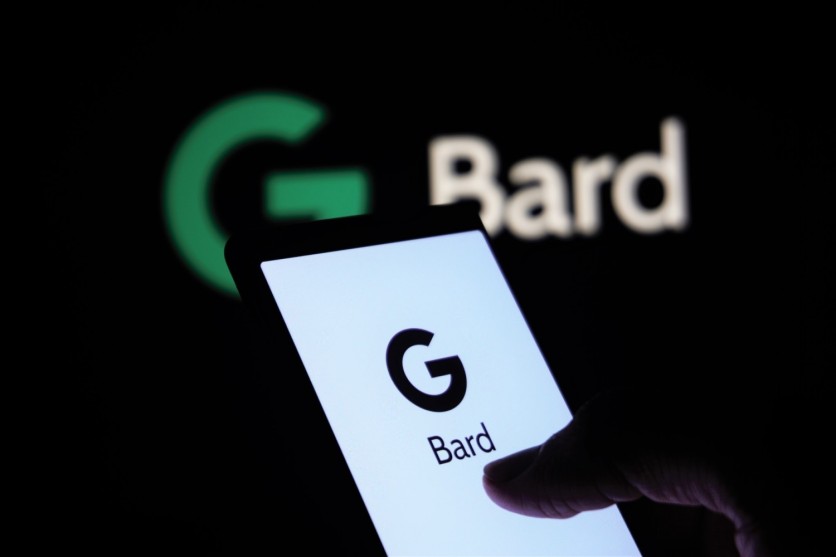While the whole world is still divided on AI, Google's new feature for Bard will now let websites and their owners or managers have the power to allow or prevent its generative AI access to its data. Through Google-Extended, the sites now have control of what Bard can access from the internet for its training, no longer like the Ole Wild West where it is a take-for-all.

Users now have a choice whether it wants to contribute to training Bard on its massive internet access, with Google giving them the verdict on whether generative AI takes the cake.
Google Bard to Allow Sites Control Over Generative AI Access
In Google's latest blog post, the company announced that it updated its web publisher controls for owners, via the Google-Extended feature that will be used to train Bard.
The Mountain View giant detailed this, saying that it is "a new control that web publishers can use to manage whether their sites help improve Bard and Vertex AI generative APIs, including future generations of models that power those products."
In their words, they made the controls simple and scalable, allowing better transparency and control over the data that Bard will take from them, something which they can prevent or authorize depending on their decisions.
Google-Extended: New Feature for Bard's AI Traning
Through Google-Extended, Bard's generative AI training will be available through robots.txt, with publishers and owners given "greater choice and control" over their content.
"By using Google-Extended to control access to content on a site, a website administrator can choose whether to help these AI models become more accurate and capable over time," said Google.
Generative AI Access to the Internet
Generative AI has been a staple in today's industry, and it is because of the many features it brings to users, including text-to-image or other forms of media capabilities.
Google is one of the leading companies here, alongside its DeepMind subsidiary which are both working on creating tools to watermark their creations to help avoid theft.
With Google being the top internet company of today, its massive reach has led Bard to have massive data available for the chatbot to access, particularly from the World Wide Web. In Google's launch of Bard, it claimed that it was trained under the LaMDA large language model, also confirming that it drew information from the internet that made it what it is.
Various artists and those who have properties on the web are torn between allowing AI to continue its development via their many works, and some filing lawsuits against it to prevent access.
The latest proposition of the Mountain View giant gives the owners control over their data, with Google-Extended giving the power to allow the company to train Bard using their piece of the internet.
Related Article : Google Develops AI-Powered 'Augmented Reality Microscope' to Detect Cancer Cells Faster

ⓒ 2025 TECHTIMES.com All rights reserved. Do not reproduce without permission.

![Best Gaming Mouse For Gamers With Smaller Hands [2025]](https://d.techtimes.com/en/full/461466/best-gaming-mouse-gamers-smaller-hands-2025.png?w=184&h=103&f=6fd057ef777bd39251d4e7e82e9b23f1)


